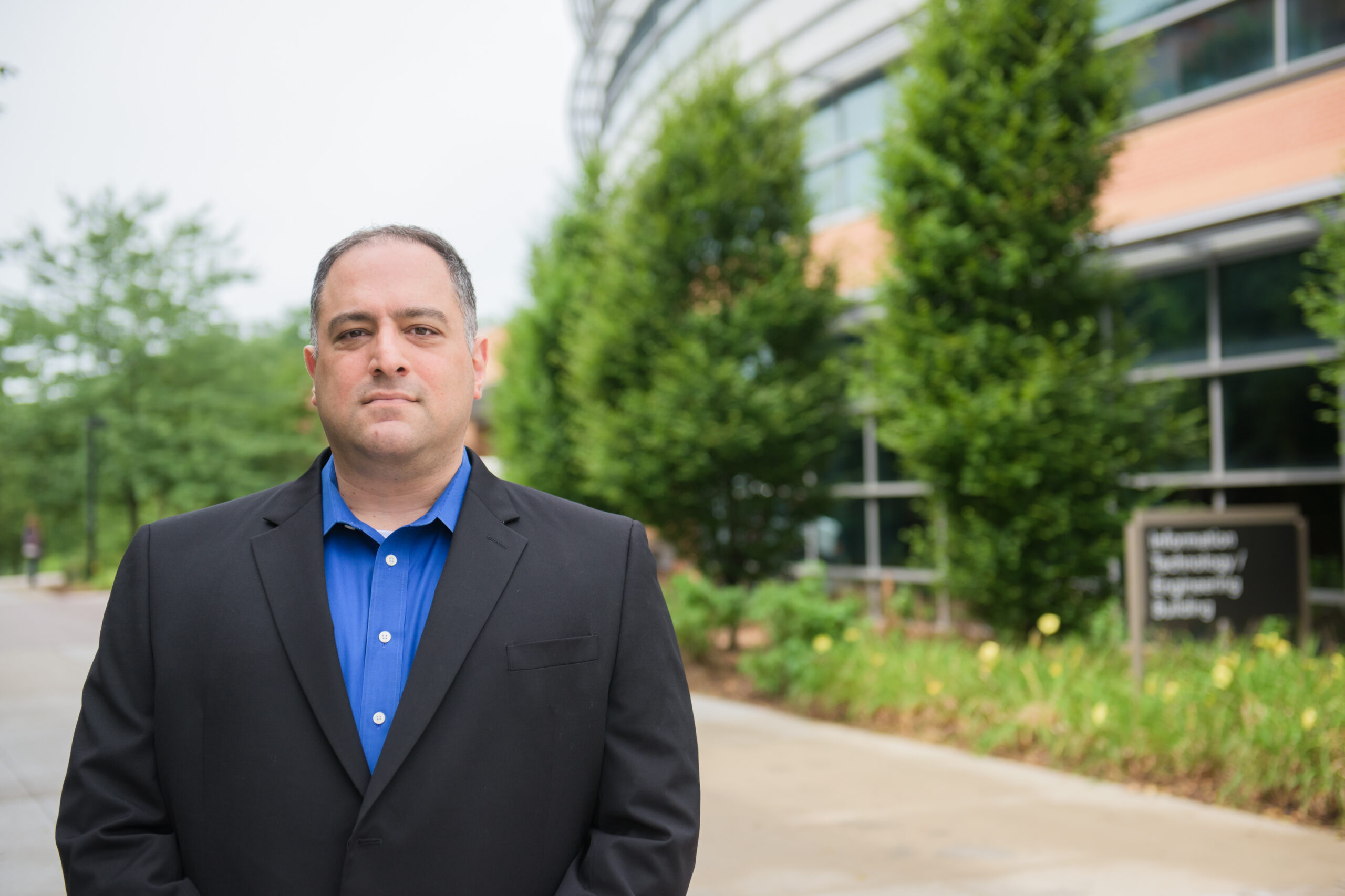On June 14, the Democratic National Committee announced that its computer system had been hacked. Rick Forno, director of UMBC’s graduate program in cybersecurity and assistant director of the UMBC Center for Cybersecurity, discussed the “ongoing process” of stopping such attacks during a segment on the WOSU Radio’s “All Sides” show.
Forno made clear that there is no single, permanent solution to thwarting cyber threats, and a single mistake or vulnerability can have a major impact on digital security.. “All it takes is one person who does something wrong”—opening an email or plugging in a thumb-drive containing malware—“to place the entire organization at risk,” he says.
Forno also focused on the challenge of educating people about how to practice safe computing, and turning those practices into regular habits. The issues that arise with computing are as much human-based as they are technology-based, he suggests, plus, “You attack one problem and three more pop up the next day.”
To understand how a hack happened and to prevent hackers from taking advantage of vulnerabilities in the future, Forno suggests collecting and analyzing “artifacts” of the attack—things the hackers left behind—and heightening ongoing monitoring of key systems, approaches the DNC is likely now taking.
Listen to the full All Sides show. Forno’s remarks begin around 26:00.
Image: Rick Forno. Photo by Marlayna Demond ’11 for UMBC.
Tags: COEIT, Cybersecurity

